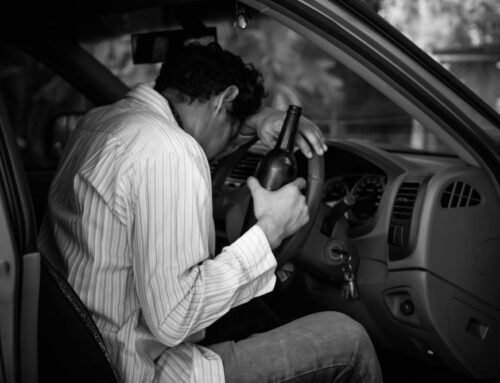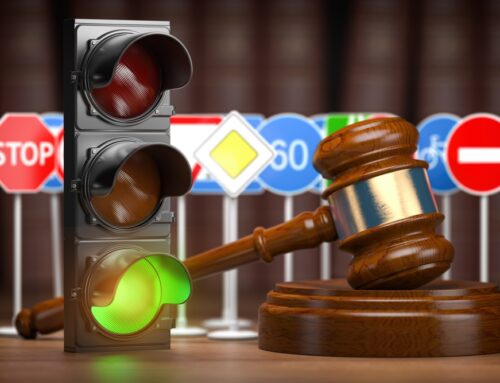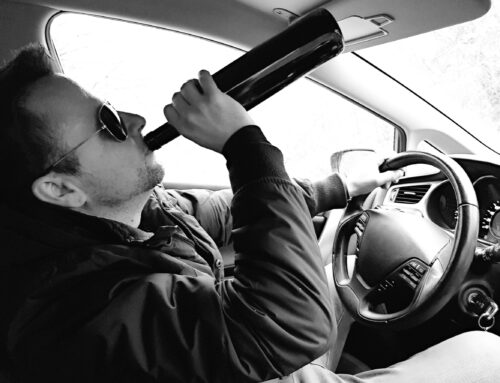The short answer is “Yes, you can!” act for yourself in a DUI case.
To represent yourself in a Queensland court is a right. However, it may or may not be the best option, especially when you face a lengthy licence disqualification, a conviction being recorded, large fine and potential jail time.
DUI Self-Representation is Challenging
Even though DUI matters are common in the Queensland court system, don’t let that fool you into believing that these offences are viewed by the courts as trivial offences.
That is not the case!
The fact is that DUI offences are taken very seriously, and the consequences of these types of offences can severely impact the life of the defendant.
Most DUI cases come down to entering a guilty plea. Even if a matter is defended and lost, the defence will be invited to submit information to mitigate the penalty.
To mitigate the fine and the disqualification period, your personal circumstances will need to be cast in the most favourable light possible.
You will need to be prepared with the following information:
- Your version of the incident and reasons why the offence was committed
- An explanation of any prior convictions
- Your financial situation
- Your personal circumstances (schooling & education level; marital status and dependents; job history etc.)
- Character evidence and references
- Reasons why a minimal disqualification period and fine should be imposed
- Submissions with supporting evidence as to why a conviction should not be recorded – be careful this is not easy!
Be Honest
First things first, whether you are representing yourself or have a lawyer to represent you, always tell the truth.
This is really important!
Magistrates and prosecutors can generally smell a lie from a mile off and trying to fool them by attempting to bend cold hard facts your way is generally a disaster.
Once defendants get caught in one lie, the rest of the case generally turns to mud. Little if anything else that a defendant says from that point onwards gets believed if credibility hangs in the balance.
How Does a Magistrate View Self-Representation?
You also need to understand your audience, which is a Magistrate. These judicial officers are conservative senior lawyers who believe in law and order.
If you think that you and the circumstances of your case will be unique and somehow illuminating to the Magistrate, think again.
Magistrates hear the pleas of hundreds of defendants, most of whom think that they are unique and deserve a break in life, and that the police did the wrong thing by arresting and charging them in the first place. It’s unlikely the Magistrate will see it this way.
Magistrates require the public to give them the respect that their office deserves, and they do not like inwardly focused defendants taking up their time with nonsense.
Remorse and humility really count in getting a Magistrate to be sympathetic to your cause.
Your purpose is also not to tell the Magistrate that you did not commit the offence. You have already done that and admitted it by pleading guilty. Essentially, your aim is to convince the court that:
- you have taken the charge very seriously
- you are genuinely sorry for what you have done
- you have learned a lesson
- that there will not be a re-occurrence of this or any type of offence
Put yourself in the position of the Magistrate. Do you think that saying nice things about yourself to gain favour with the Magistrate and diminish penalties would be likely to work well? Or do you think that nice things said about you might be more believable if someone else said these things on your behalf? This is one reason why self-representation is often not the best option.
To find out more about what a Magistrate will consider in court when determining your penalty, please refer to the sentencing guidelines in section 9 of the Penalties and Sentences Act.
Why It May Be Better to Have Professional DUI Representation
It’s recommended that you have your case prepared thoroughly by someone who knows how to increase your chances of receiving leniency from the Magistrate.
This is also a way of demonstrating to the court that you have taken the charge seriously enough to get professional help.
We live in a DIY age so representing yourself may seem like a good option.
However, I can say with confidence that DIY-representation in the court system is not a smart way to go, no matter the trend. Most people, no matter how smart they are, do not have the ability to present their own case as well as a skilled lawyer would. Most people do not have the time or resources to understand things as complex as the rules of evidence and procedure.
There is generally more than enough to worry about as a defendant.
Representing yourself often makes cases much more difficult. It’s best to avoid this if possible.
Contact Watling Roche Lawyers Today!
If you have been charged with a DUI in Brisbane, it is important that you contact Watling Roche Lawyers today. We can discuss your rights and help provide you with the best possible outcome. Call Ryan Roche on (07) 3188 1767 or 0402 843 177 today for your free consultation.
Find out if you are eligible for a work licence.






